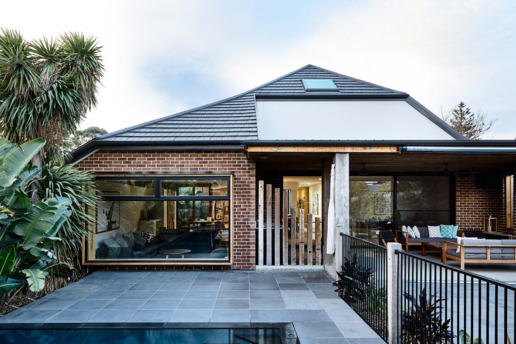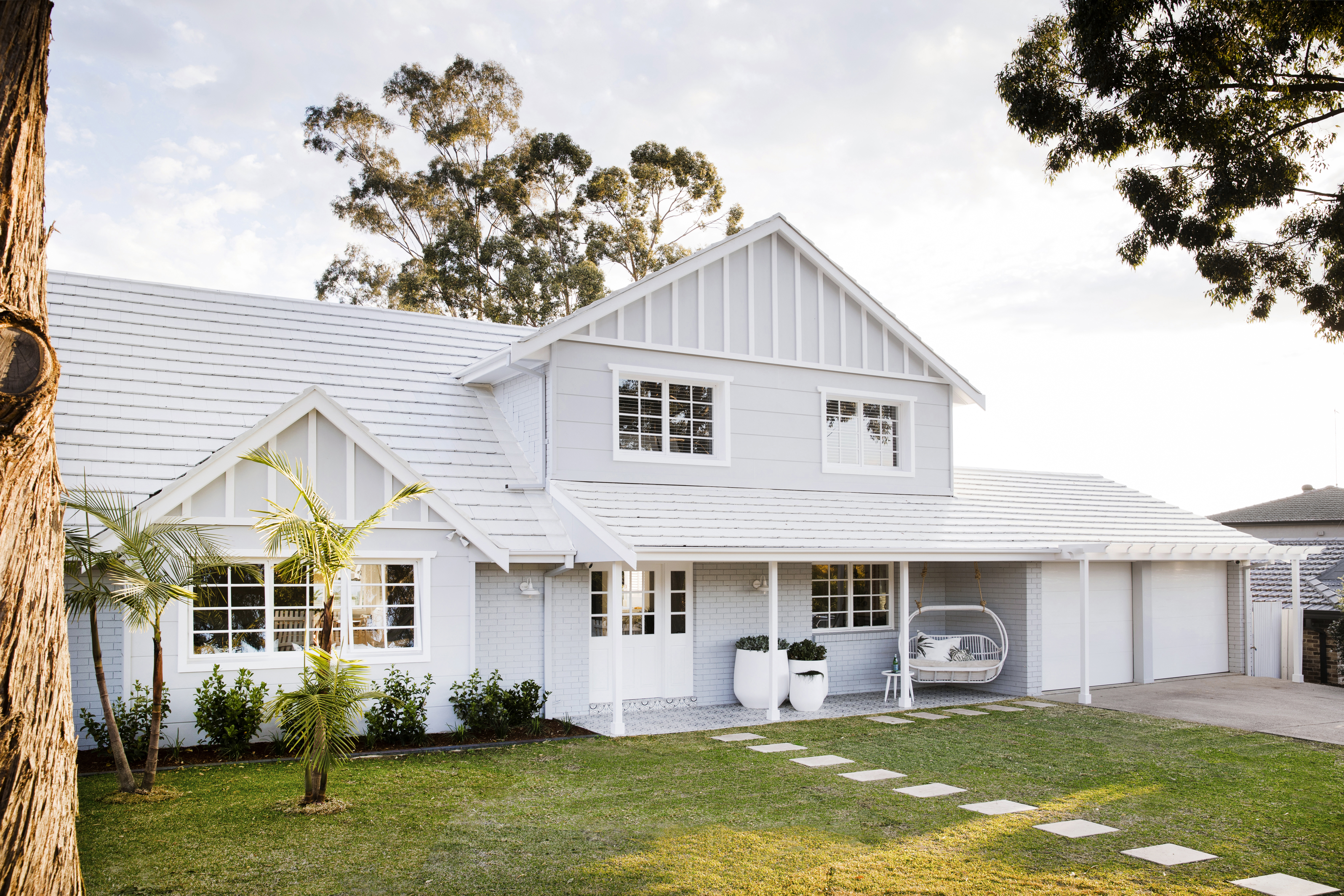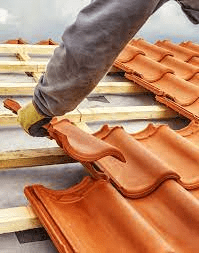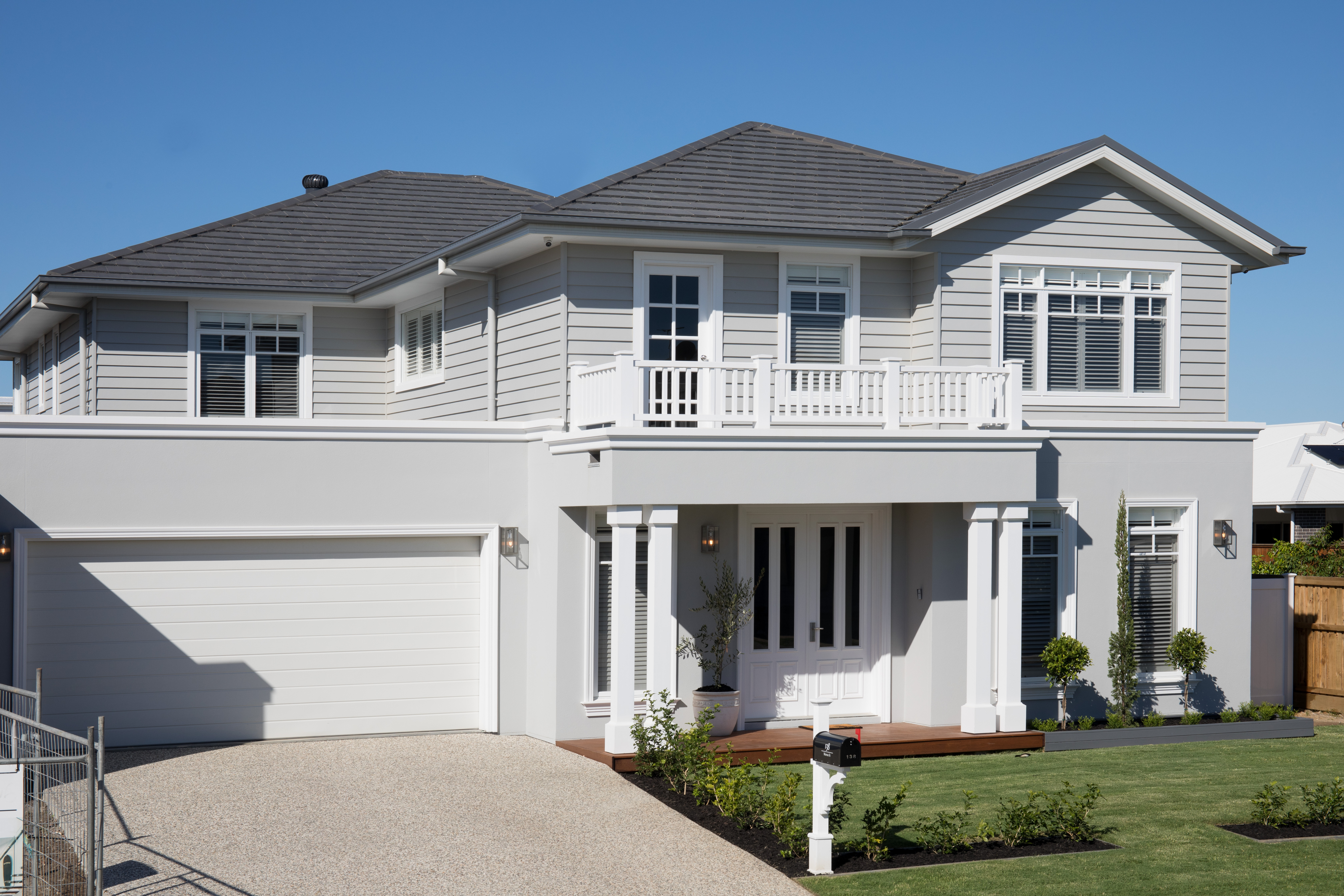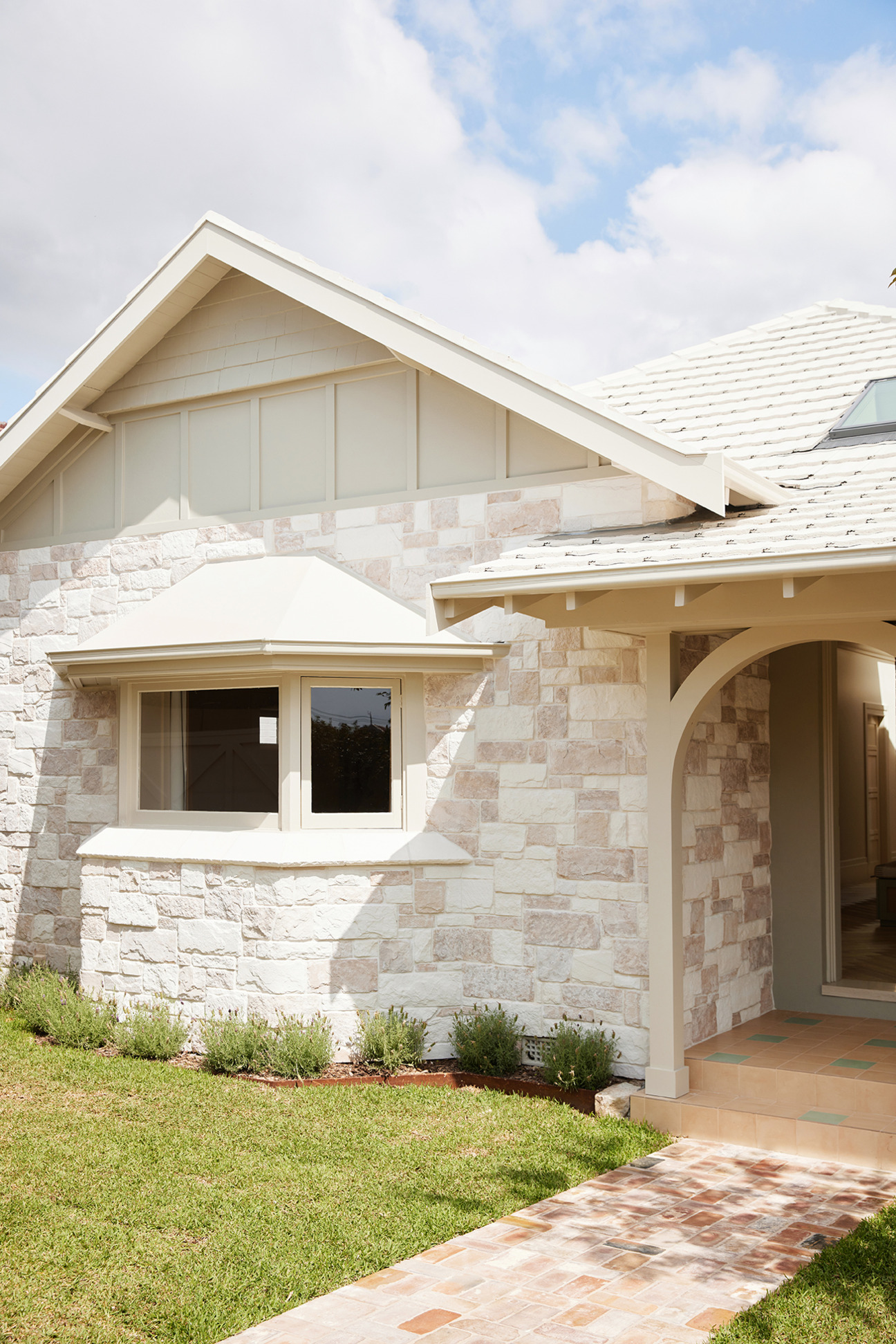Article

Why tiles
5 reasons to choose terracotta tiles
Terracotta literally meaning ‘baked earth’ in Italian.They are one of nature’s earliest building materials – and they have never gone...
Learn more
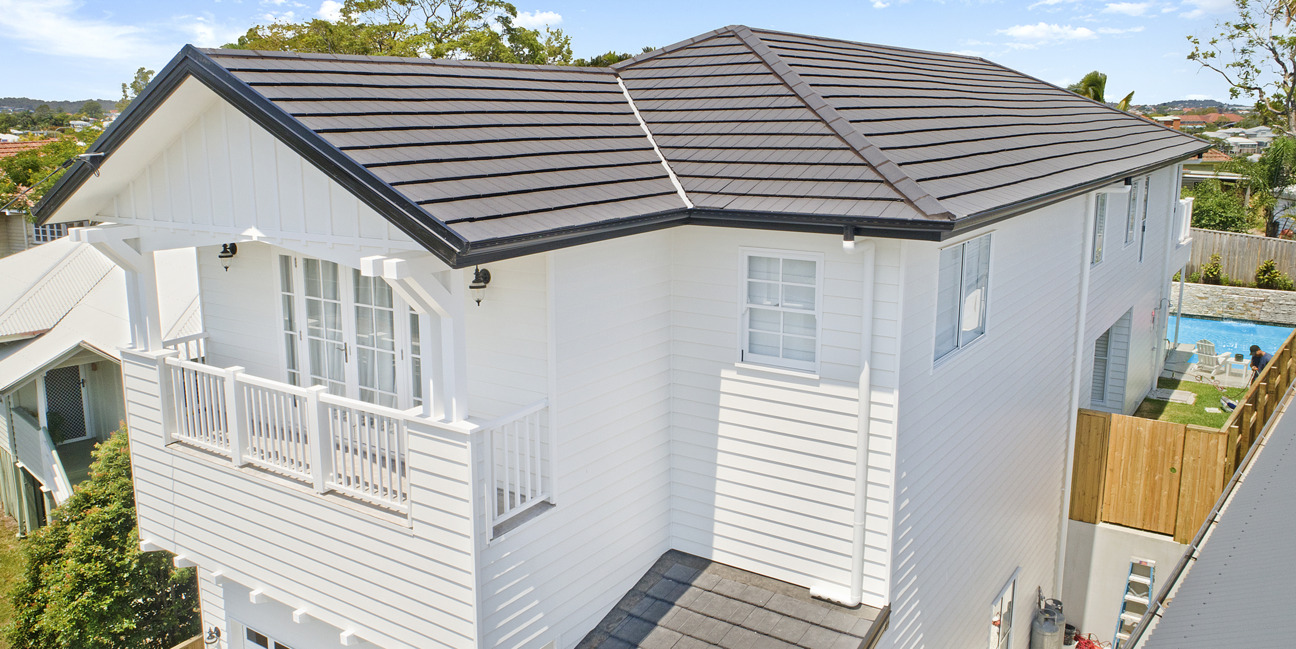
Case studies
A classic American style for a Brisbane home
When Claudine Sheppard built her new home, she wanted to make it elegant and timeless, which is why she chose...
Learn more
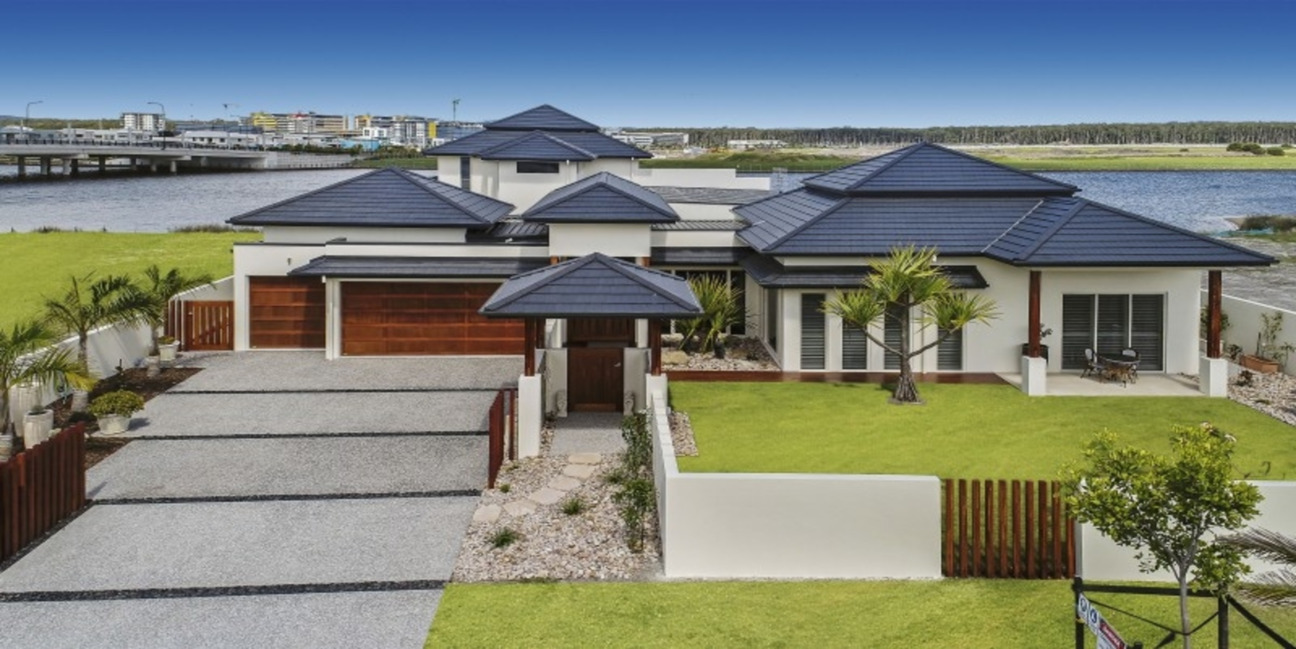
Case studies
A dream home inspired by Bali’s tropical style
Jenny Trafford says she’s perfected her dream home with her latest build – topped off by Monier’s spectacular Madison concrete...
Learn more
Latest articles
View all
Design
Concrete
Terracotta
Renovation
How To
Get The Look
Knockdown Rebuild
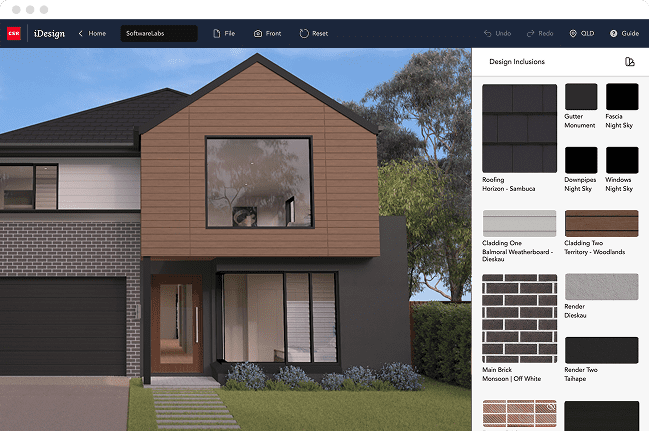
Sign up to receive the Monier newsletter
Be in the know about future product releases, new products, events and trends.
